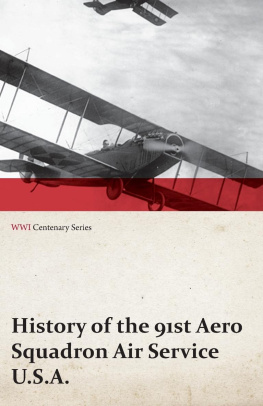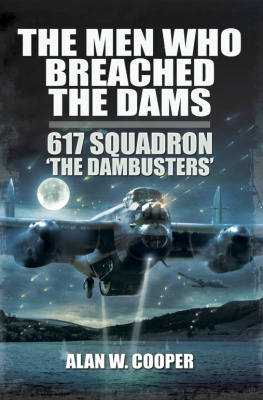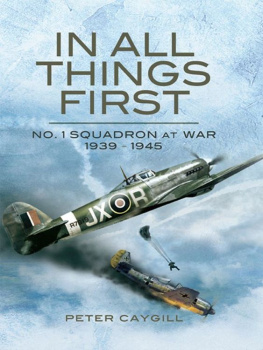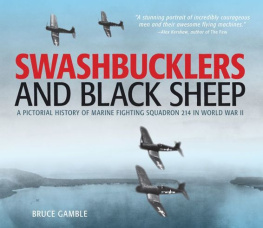Anon - A History of the 17th Aero Squadron - Nil Actum Reputans Si Quid Superesset Agendum, December, 1918 (WWI Centenary Series)
Here you can read online Anon - A History of the 17th Aero Squadron - Nil Actum Reputans Si Quid Superesset Agendum, December, 1918 (WWI Centenary Series) full text of the book (entire story) in english for free. Download pdf and epub, get meaning, cover and reviews about this ebook. year: 2021, publisher: Read Books Ltd, genre: Non-fiction. Description of the work, (preface) as well as reviews are available. Best literature library LitArk.com created for fans of good reading and offers a wide selection of genres:
Romance novel
Science fiction
Adventure
Detective
Science
History
Home and family
Prose
Art
Politics
Computer
Non-fiction
Religion
Business
Children
Humor
Choose a favorite category and find really read worthwhile books. Enjoy immersion in the world of imagination, feel the emotions of the characters or learn something new for yourself, make an fascinating discovery.

- Book:A History of the 17th Aero Squadron - Nil Actum Reputans Si Quid Superesset Agendum, December, 1918 (WWI Centenary Series)
- Author:
- Publisher:Read Books Ltd
- Genre:
- Year:2021
- Rating:3 / 5
- Favourites:Add to favourites
- Your mark:
A History of the 17th Aero Squadron - Nil Actum Reputans Si Quid Superesset Agendum, December, 1918 (WWI Centenary Series): summary, description and annotation
We offer to read an annotation, description, summary or preface (depends on what the author of the book "A History of the 17th Aero Squadron - Nil Actum Reputans Si Quid Superesset Agendum, December, 1918 (WWI Centenary Series)" wrote himself). If you haven't found the necessary information about the book — write in the comments, we will try to find it.
Anon: author's other books
Who wrote A History of the 17th Aero Squadron - Nil Actum Reputans Si Quid Superesset Agendum, December, 1918 (WWI Centenary Series)? Find out the surname, the name of the author of the book and a list of all author's works by series.









